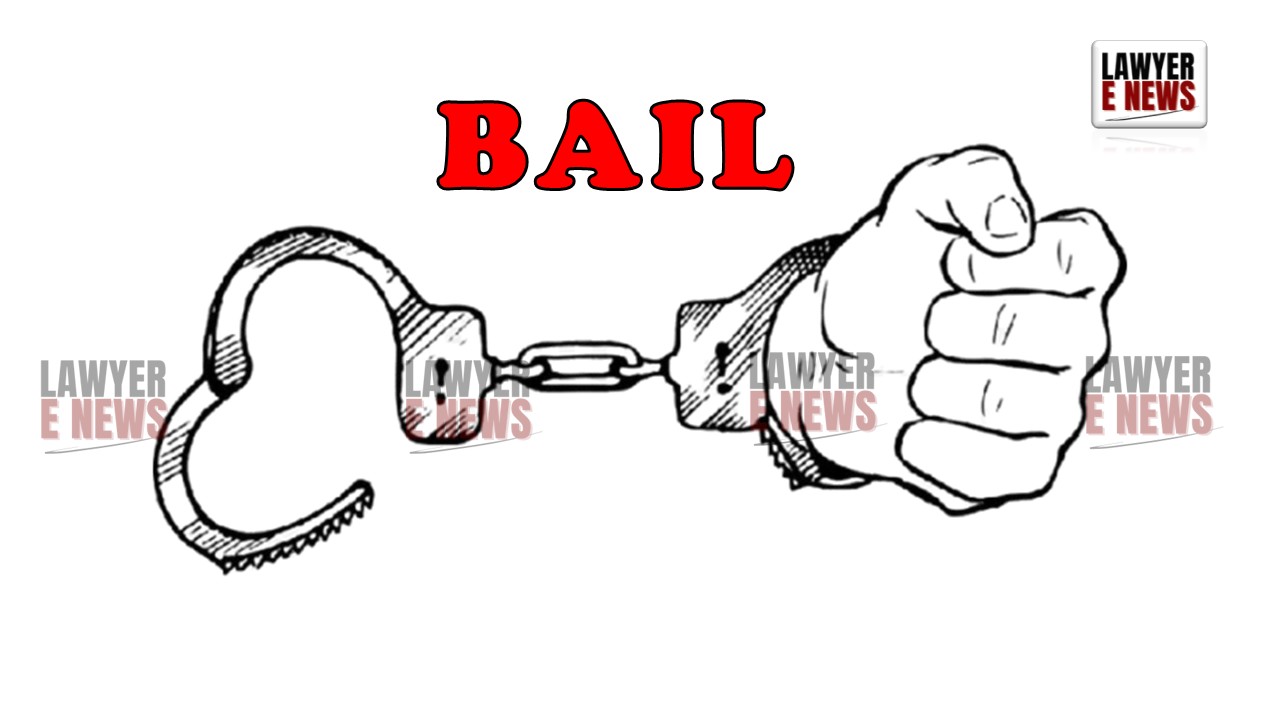-
by Admin
16 February 2026 10:43 AM



Court Warns Against Indefinite Detention: Law Cannot Be Used to Keep an Undertrial Behind Bars When the Trial Shows No Signs of Progress - Supreme Court of India granted bail to Subhelal @ Sushil Sahu, an accused in a ₹4 crore cryptocurrency scam, after observing that pre-trial detention cannot become a substitute for punishment.
“The law does not allow pre-trial incarceration to become an indefinite sentence. A person cannot be detained endlessly simply because the investigation is ongoing or the trial is moving at a snail’s pace,” the Court declared while granting bail.
While acknowledging the seriousness of the economic offense, the bench of Justices J.B. Pardiwala and R. Mahadevan emphasized that trial delays cannot justify prolonged detention without conviction.
The case involved allegations of fraud through a cryptocurrency investment scheme that reportedly duped around 2,000 investors. The Chhattisgarh police registered Crime No. 460/2023 at Dindayal Upadhyay Nagar Police Station, Raipur, naming five accused, including Sahu, under Sections 420, 201, 120-B read with Section 34 of the Indian Penal Code (IPC), 1860).
Despite the trial commencing before the Chief Judicial Magistrate, Raipur, progress was extremely slow, with only one witness examined so far out of a staggering 189 witnesses listed by the prosecution.
Observing the delays, the Court raised a critical concern: “If 50 witnesses have to be examined before the trial can even reach a conclusion, how many years will this case take? Should an undertrial be kept in custody indefinitely while the prosecution drags on?”
"Detention Without Trial Cannot Be Endless"
While rejecting the Chhattisgarh High Court’s decision to deny bail, the Supreme Court highlighted that the case was being tried by a Magistrate, where the maximum punishment upon conviction would be seven years. Given this, the Court found no justification in keeping the accused incarcerated indefinitely while the trial showed no signs of conclusion.
“When the law itself limits the Magistrate’s sentencing powers to a maximum of seven years, does it make sense to let the accused remain in jail for an uncertain period—perhaps even as long as the maximum sentence itself?” the Court asked.
"Bail Under Section 437(6) of CrPC is a Right, But Not Absolute"
The defense placed strong reliance on Section 437(6) of the Code of Criminal Procedure, 1973, which states that if an accused’s trial is not concluded within 60 days of starting evidence, they shall be released on bail unless the Magistrate records reasons otherwise.
Clarifying the provision, the Supreme Court noted that this section was meant to balance the right to a speedy trial with the interest of justice. However, the Court made it clear that the right to bail under this section is not absolute.
“There is no doubt that this provision exists to prevent the abuse of prolonged incarceration, but it does not provide an indefeasible right to bail. The Court must examine whether the delay is caused by the prosecution, the accused, or unavoidable circumstances before granting bail.”
The Court explained that while Section 437(6) provides relief in delayed trials, it does not override other considerations such as the seriousness of the offense, the likelihood of tampering with evidence, or the risk of absconding.
“If the prosecution wishes to deny bail under this provision, it must present solid and compelling reasons. Routine claims about the gravity of the offense will not suffice.”
"An Accused Cannot Be Punished Before Conviction"
Slamming the prosecution’s approach, the Supreme Court reminded that under Indian law, an accused is innocent until proven guilty.
“Pre-trial detention is not a form of punishment. It exists only to prevent obstruction of justice, not to incarcerate a person merely because charges have been filed.”
Pointing out that the case had not moved significantly since the accused’s arrest in December 2023, the Court questioned the logic of keeping him detained when trial completion was nowhere in sight.
“If we allow undertrials to languish in jail simply because their trials are slow, we are effectively punishing them before they are convicted. That is a mockery of justice.”
"Bail is Granted, But the Accused Must Take Responsibility"
While granting bail, the Supreme Court imposed a ₹35 lakh deposit condition, stating: “We are conscious of the fact that we have criticized High Courts for imposing financial conditions on bail. But here, we are compelled to impose such a condition, given the peculiar facts of this case.”
The Court noted that the total amount involved in the alleged scam was around ₹4 crore, but the accused’s personal liability was estimated at ₹35 lakh.
“Let there be no misunderstanding. Bail is a right, but it comes with responsibility. The accused must demonstrate his commitment to facing the trial. Therefore, he must deposit ₹35 lakh with the Trial Court within six months.”
The Court warned that if the accused failed to deposit the amount within six months, the bail would be automatically canceled.
A Judgment That Balances Liberty and Justice
The Supreme Court’s ruling serves as an important precedent in balancing individual liberty with the necessity of ensuring justice in economic offenses.
“If trials are unlikely to conclude in the near future, an accused cannot be made to suffer indefinite incarceration. The Court must ensure that justice is served, not just for the victims, but also for the accused.”
While the Court acknowledged that economic crimes are serious and must be dealt with strictly, it emphasized that due process and fundamental rights cannot be sacrificed in the name of justice.
“In a system where trials take years to conclude, keeping an accused locked up without proving their guilt is a dangerous precedent. Liberty is too valuable to be compromised in the name of delay.”
The Supreme Court’s decision ensures that while economic offenses remain punishable, no accused is forced to serve a sentence before conviction due to the inefficiencies of the justice system.
Date of Decision: February 18, 2025
